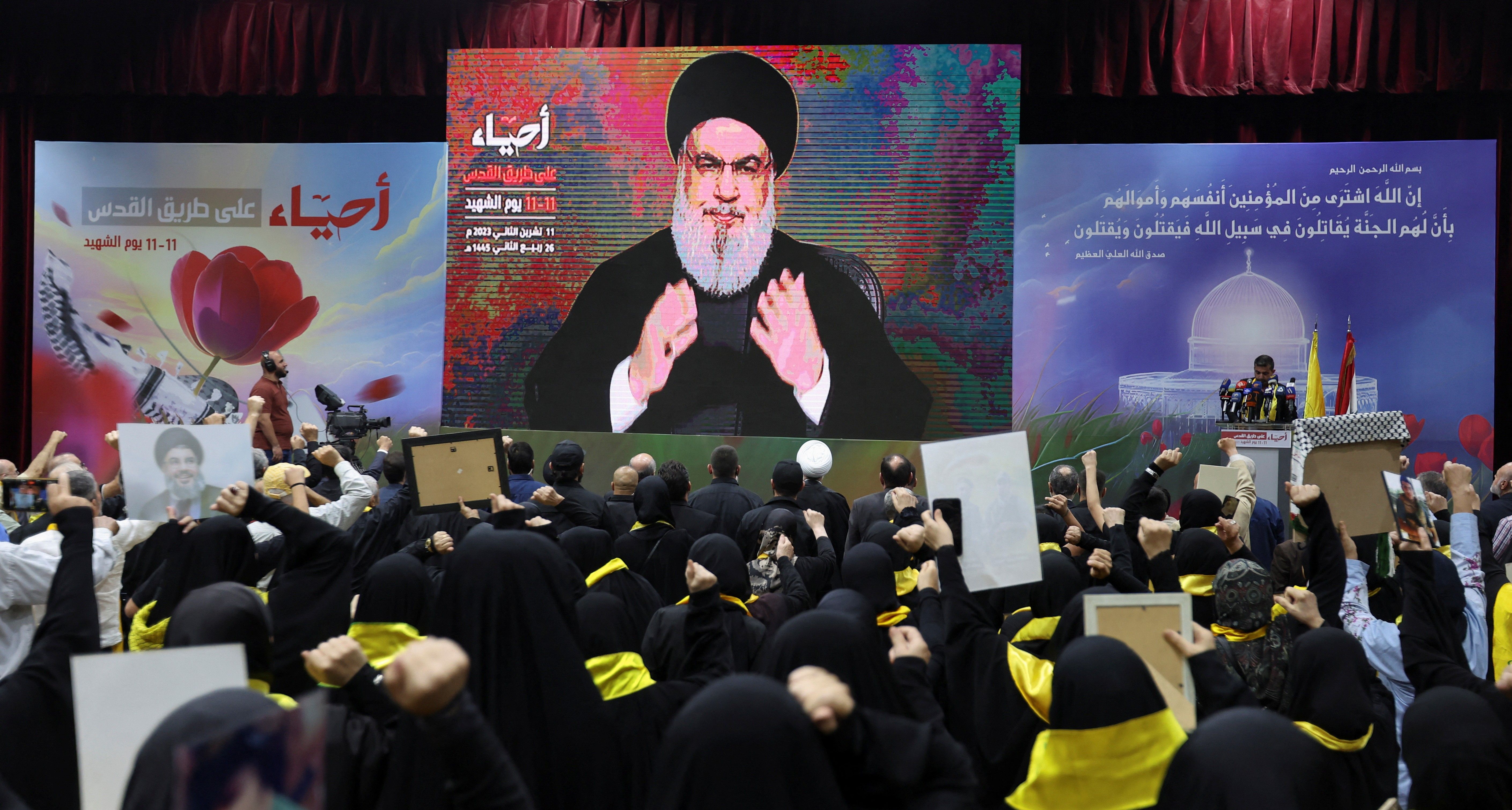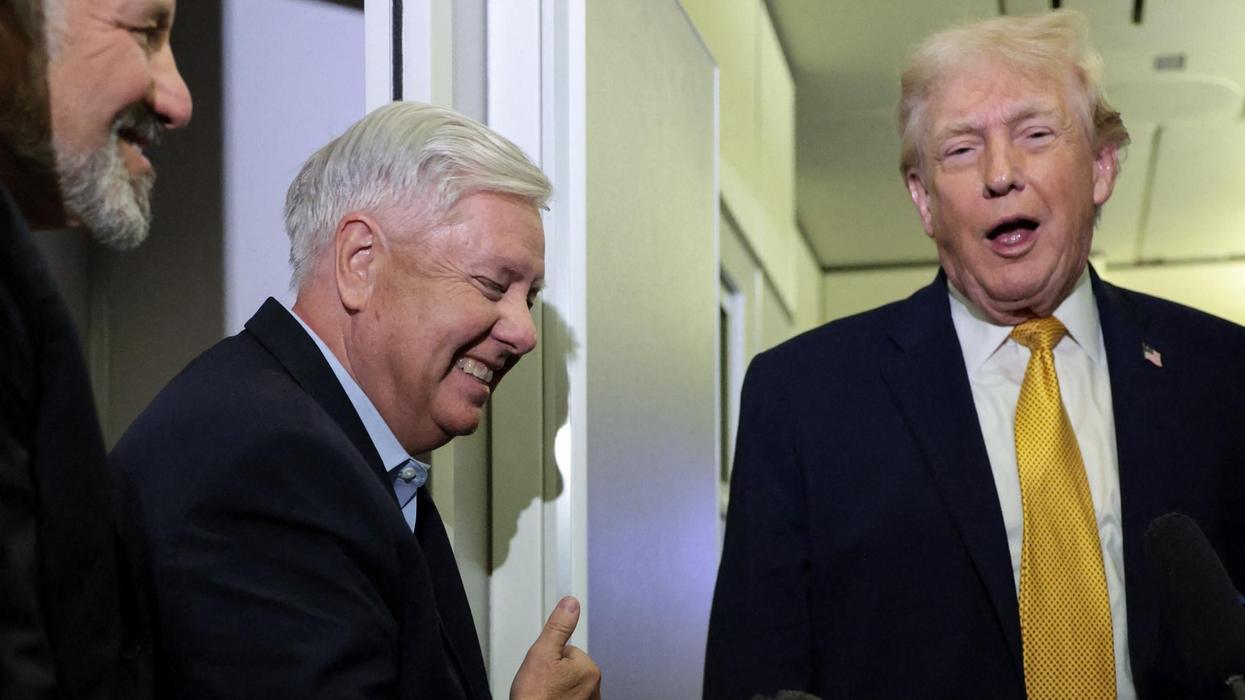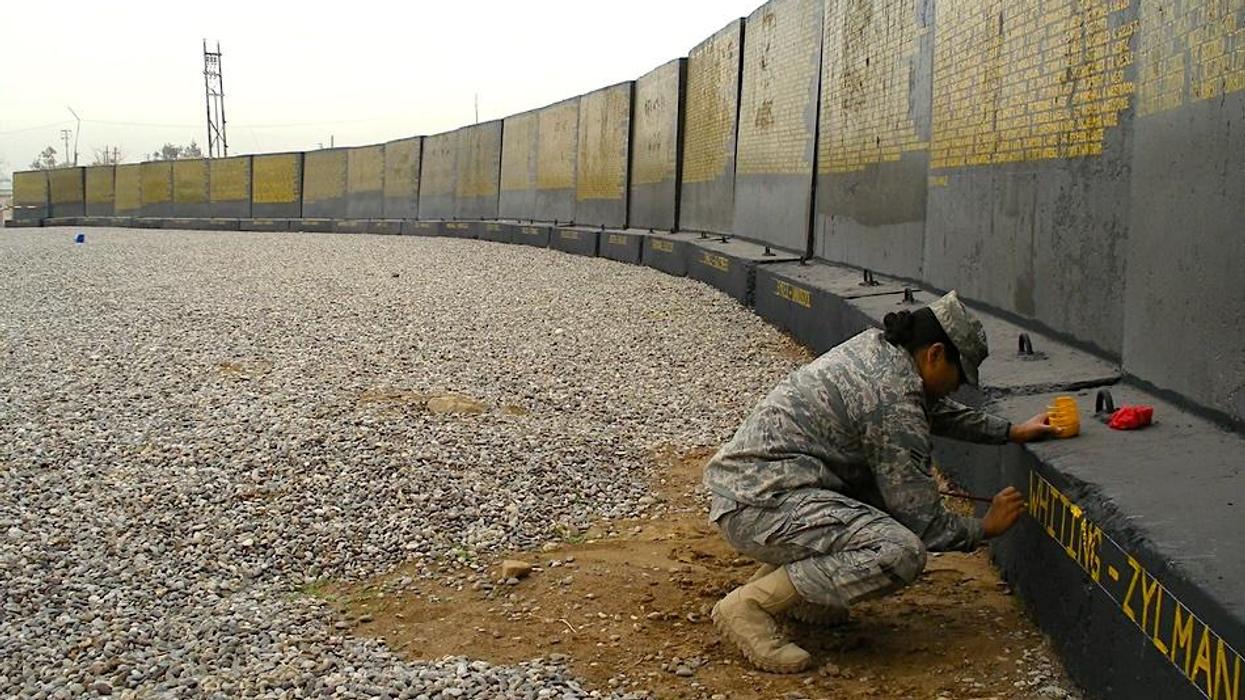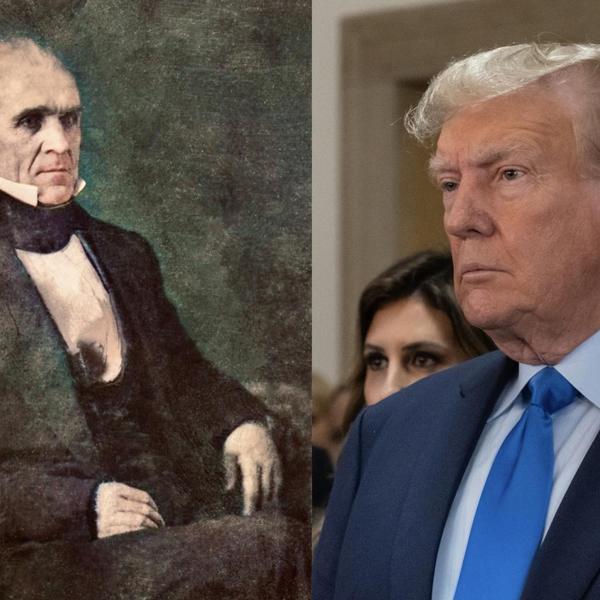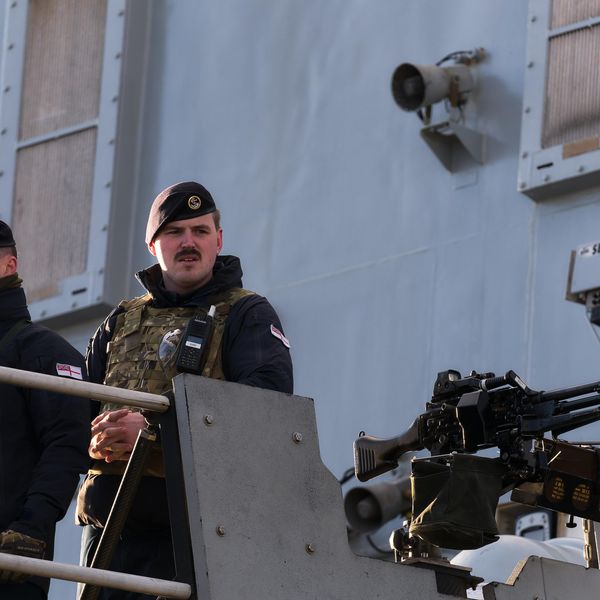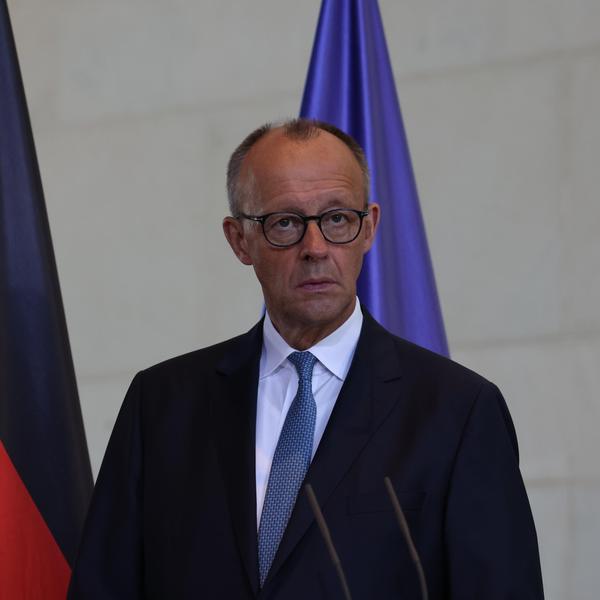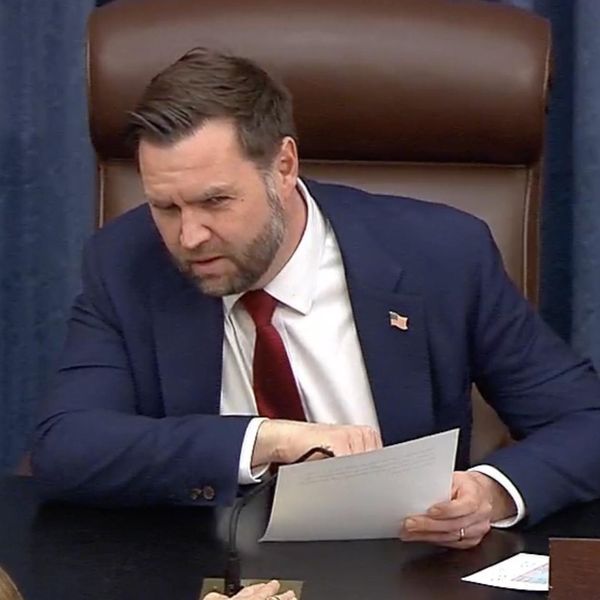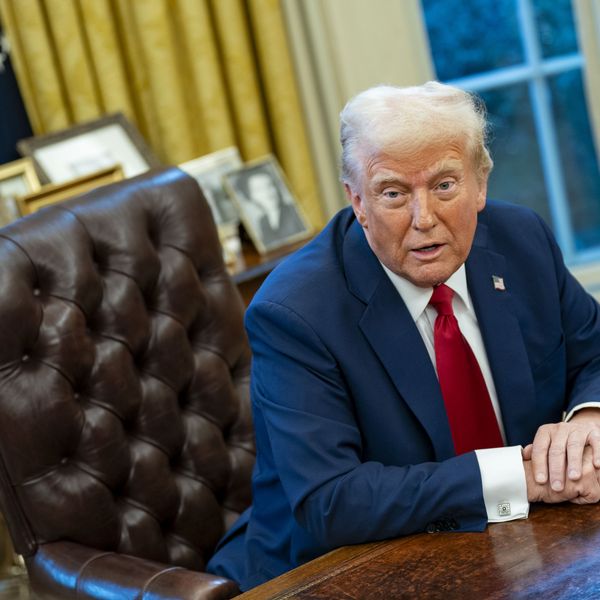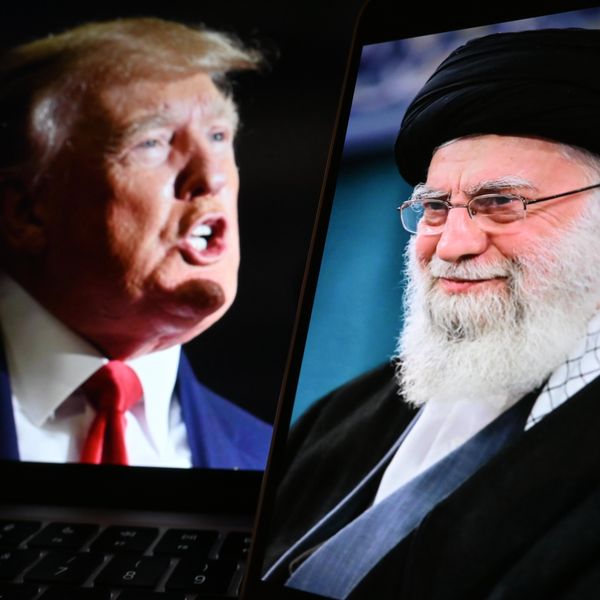The situation along the Lebanese-Israeli front continues to escalate as Hezbollah and the Israeli military intensify cross-border operations.
Despite the escalation, the Lebanese Shiite movement’s strategy appears unchanged — to force Israel to divert substantial military forces from its Gaza offensive against Hamas without provoking a full-blown war with the Jewish state. Against this backdrop, Hezbollah’s stance ironically appears to align with the Biden administration’s goal of preventing a wider conflict as Israel continues its campaign against the Palestinian movement in Gaza.
A new phase of escalation on the Lebanese-Israeli front
Tensions between Hezbollah and Israel have peaked following an Israeli airstrike that targeted a civilian car in south Lebanon. The November 5 attack, which Human Rights Watch denounced as “an apparent war crime,” led to the death of a woman and her three grandchildren, prompting retaliation from Hezbollah that led to the death of one Israeli civilian near the northern town of Kiryat Shmona. That incident marked the first time the Lebanese movement appeared to deliberately target Israeli civilians in this latest round of cross-border fighting.
The situation has sharply escalated since then, with Israel bombing a hospital in the southern Lebanese town of Mays Aljabal, leaving one person wounded. Hezbollah meanwhile carried out a -border missile attack that left over 20 people wounded, including at least seven Israeli soldiers.
The Lebanese Shiite movement’s leader Hasan Nasrallah meanwhile announced that Hezbollah has upped the tempo and tactics of its cross-border operations. In his second address since the beginning of the war in Gaza, Nasrallah declared last Saturday that the Shiite movement has raised the level of its military action “in terms of the number of operations, targets and the type of weapons." This, he explained, included the use for the first time of “Burkan” missiles which have a higher explosive impact, in addition to suicide drones.
Nasrallah stops short of declaring war
Importantly Hezbollah’s leader, while announcing the escalation at the tactical and tempo levels, did not declare a change to the movement’s overall strategy since the beginning of the conflict in Gaza. This strategy, as explained by Nasrallah himself in his previous speech, aims to overstretch the Israeli army by forcing it to divert military resources towards the Lebanese front, thereby preventing Israel from using its full military power to destroy Hamas. Discussing the overall situation on the Lebanese-Israeli front, he stated that “this front would remain active.”
Nasrallah’s apparent reluctance to open a major new front with Israel is consistent with his general strategy of not initiating conflict. Following the July 2006 war, he famously stated that he would not have authorized the capture of two Israeli soldiers, which initiated the conflict, had he known it would lead to war on Lebanon itself.
Sources close to the Lebanese movement emphasize that preventing a new Israeli war on Lebanon is a major factor in its approach to the current conflict in Gaza.
“Hezbollah will not drag Lebanon into a destructive war unless Israel imposes such a war,” explained one source close to Hezbollah who spoke on condition of anonymity.
According to a second source who also enjoys close ties to Hezbollah’s leadership, the movement’s posture proves it places a high priority on Lebanon’s national interests. “Hezbollah is behaving as a Lebanese rational actor that attaches great importance to Lebanese national interests,” he stressed.
This argument serves to counter the image of Hezbollah as a proxy of Iran. Both Lebanese and foreign critics of the movement depict it in such a manner, but the movement itself rejects this characterization, insisting instead that Tehran plays a mere supportive role.
While Hezbollah has previously hinted that a Hamas defeat would be a red line that would provoke a more aggressive approach against Israel, Nasrallah appeared to pin his hopes on growing international pressures to prevent such a scenario. “We see thousands of people in Washington, New York, London and Paris protesting against Israel” he stated, adding that support by Western governments for Israel’s ongoing war in Gaza was declining.
The Lebanese Shiite movement also appears aware of the danger of Israel dragging the United States into a broader regional conflict. According to the first source, Hezbollah, as things stand, will not engage in any actions that would be understood as a declaration of war that would permit Israel to fulfill its longstanding dream of forcing the United States into a larger war against Israel’s regional enemies. “There are American military assets and aircraft carriers deployed in the region” he emphasized, warning that this “increases the danger of Israel dragging the U.S. into a regional war.”
Israel escalates its threats against Lebanon
Senior Israeli officials meanwhile have threatened Lebanon with a Gaza-like scenario. Following Nasrallah’s latest speech, Israeli Defense Minister Yoav Gallant warned that Hezbollah was playing a dangerous game that could elicit a devastating response.
“What we can do in Gaza, we can also do in Beirut,” he asserted during a tour of the Israeli northern front.
Such statements, in addition to Israeli military action on the Lebanese front, appear to have sparked new fears in Washington. According to media reports released immediately following Gallant’s remarks, U.S. Secretary of Défense Lloyd Austin expressed his concerns regarding Israeli escalation against Lebanon during a phone conversation with his Israeli counterpart.
Concerns over broader escalation reflect the Biden administration’s policy of preventing a widening of the conflict in Gaza to Lebanon and elsewhere in the region. Biden’s senior adviser for energy and infrastructure Amos Hochstein recently visited Beirut where he held talks with high-ranking officials that focused on preventing a spillover of the conflict into Lebanon.
Austin is better placed than most in the current American administration in understanding the potentially catastrophic repercussions of full-scale war on the Lebanese-Israeli front. Having served as both head of U.S. forces in Iraq and the region more broadly as head of U.S. Central Command, the Pentagon chief is no doubt well acquainted with the significant clout Hezbollah enjoys with regional players like the Houthis in Yemen and Shiite armed groups in Iraq.
Nasrallah himself alluded to this, stating that operations targeting U.S. military assets and personnel launched from Iraq and Yemen would stop if Washington pressured Israel into halting its offensive in Gaza. “If you Americans want to stop these operations, you must stop the war in Gaza,” he declared.
Viewed against this backdrop, Hezbollah’s leader was effectively sending a message to Washington offering to rein in his allies in Yemen and Iraq if the Biden administration would do the same with its Israeli ally.
The U.S. administration also appears to fear being dragged by Israel into a broader regional war. According to Joshua Landis, the head of Middle East Studies at the University of Oklahoma and a non-resident fellow at the Quincy Institute, concerns regarding escalation on the Lebanese front stem from fears that Israel may seek to ignite the situation there as international pressures increase for a cease-fire.
“Biden has compromised the U.S. position through his outright support for Israel’s objectives,” he said in an interview with RS, adding that “Austin and other senior officials may be concerned that Israel will take this as a green light to widen the conflict which would endanger U.S. troops.” Some U.S. bases in Syria and Iraq have come under increased rocket and missile fire from pro-Iranian Iraqi Shi’a militias since the launch of Israel’s offensive in Gaza and elsewhere in the region.
- Why Hezbollah doesn't want a full-scale war. Yet. ›
- How Israel's assault on Gaza harms US interests - Responsible Statecraft ›
- Hawks pushing for more fronts in Israeli military operations - Responsible Statecraft ›
- Israel kills Hamas leader in Beirut, sparking escalation fears | Responsible Statecraft ›
- Is Israel-Hezbollah war inevitable? | Responsible Statecraft ›

